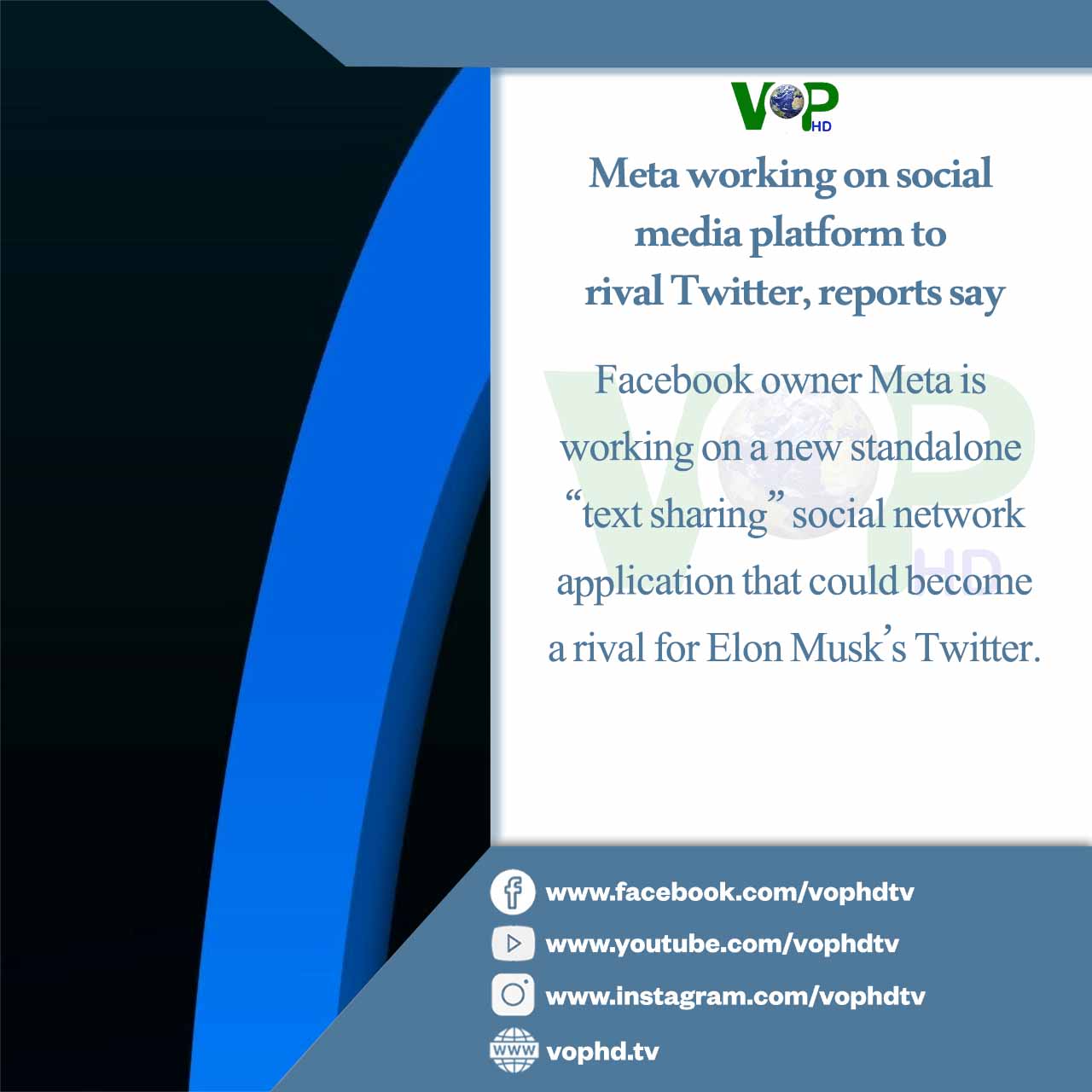
This is how AI could change future of journalism
_updates.jpg)
Nearly every field of study in the world has been impacted by artificial intelligence (AI) and its effects. What or how AI might affect the field of journalism is still a mystery.
However, Sky News has been exploring the potential of AI to see how it might impact journalism in the future.
The experiment involving the use of computers to do the news’ research, writing, and editing produced a range of results, from stories about affordable housing that made sense to the absurd claim that spilling milk is good for the environment.
However, current technology has reached its limit, but what about the future?
JournalismAI, a project of the London School of Economics run by Professor Charlie Beckett, supports newsrooms in their efforts to responsibly utilise AI.
Since it started in 2019, but now that editors and reporters are beginning to understand the power of generative AI, its purpose has never been more obvious.
He says “a lot of newsrooms are thinking through what they might do” with the technology, but all are conscious of the pitfalls. It is evident that artificial intelligence is not yet ready to take the place of actual journalists after CNET discovered errors in an AI-written story and a hoax column in The Irish Times.
“If you get a tiny thing wrong at Sky News, people are laughing at you, it’s all across social media, and the chances of AI doing that are very high,” says Prof Beckett. “If we all get lazy and expect GPT to write our stories and scripts and so on, they may get worse.”
However, AI appears destined to have a similarly significant impact, much like how smartphones and Google search revolutionised journalistic work.
Prof Beckett predicts a smaller newsroom with AI replacing interviewing, scripting, and online stories.
This will create hybrid jobs, requiring hybrid tech and editorial skills. The savings could be used to improve human journalism, allowing reporters to interview more people and produce more imaginative, empathetic, and opinionated stories.
The future of newsrooms
The University of Kent’s Centre for Journalism examines preparing future reporters for AI-powered newsrooms.
Professor Ian Reeves says while there are “reasonable and ethical uses for it within a newsroom”, AI is also “perfectly capable of spitting out utter nonsense with a completely straight face”.
“We’ve noticed in some of the journalism assignments that we’re giving to our students that they’ve attempted to use this tech to deliver journalistic content – in some cases with rather hilarious results,” he says.
“In one piece about The Sun newspaper and its coverage of an event, the chatbot hadn’t been able to distinguish between the newspaper and the fiery star in the sky.
“[So] we’re also trying to demonstrate to them that the risks of relying on it to produce sensible content are pretty high.”
Where does AI prove useful in journalism?
Prof Reeves also believes generative AI’s usefulness lies in the fundamental journalistic tasks of talking to real people, bearing witness, and holding power to account. Google is often the first port of call for researching unfamiliar topics, but AI cannot do these fundamental tasks.
These skills will become even more important for journalists to survive in the era of AI.
“It comes down to trust and credibility,” he says. “The best journalists, the ones who make a difference, are the ones out there talking to people about how things are affecting their real lives, bearing witness to events. The ones who have the skills to find things out and reveal stuff that powerful people don’t want to be revealed.”
“That’s not something that AI can do,” he added.
He also believes that AI will replace journalism jobs that lack these skills and are considered content farm jobs, resembling journalism without interaction. Publishers may benefit from AI platforms rather than hiring people for these jobs, according to him.
‘Robocop journalist’
Prof Reeves also shared that young people demand personalised newsroom content tailored to their format, tone, style, and platform. Reformatting and customising content, translating into different languages, and providing simple or explainer versions are crucial areas for success.
“My sort of sci-fi vision for this is a kind of Robocop journalist with all these tools to help them be more efficient and much more powerful and able to research much better, and then a content creation thing that takes their original piece and turns it into all sorts of iterations.” he said.
“And then your audience sitting at home having breakfast watching Sky News, they can get into the car, and it continues as audio with a selection of stories they’re interested in,” he added.
“Then they get home from work in the evening and just want a nice long read, and it all happens semi-automatically, where people have a kind of Spotify-like ability to shape what they get,” he continued.



















































































































































